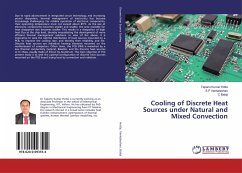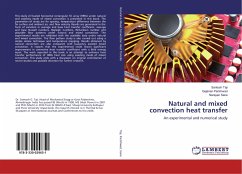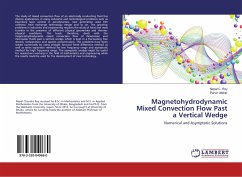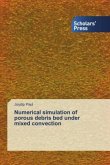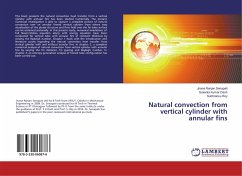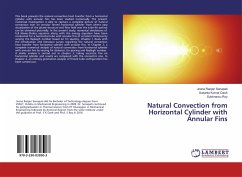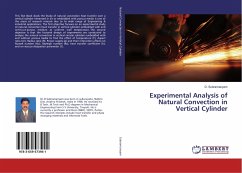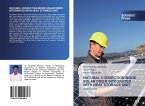Due to rapid advancement in integrated circuit technology, and increasing power dissipation, thermal management of electronics has become increasingly challenging. For reliable operation of electronic components, their operating temperature must not exceed about 85ºC. As the size of electronic components becomes smaller and smaller, the area available for heat dissipation also becomes smaller. This results in a dissipation of high heat flux at the chip level, thereby necessitating the development of more efficient thermal management solutions. In view of the above, it is imperative to seek the optimal distribution of heat sources mounted on a PCB, to improve the cooling rate, and thereby their reliability, and life. Discrete heat sources are individual heating elements mounted on the motherboard of computers. Often times, the PCB (FR4) is mimicked by a low thermal conductivity material, Bakelite, and the discrete heat sources or IC chips, usually made of Silicon by Aluminum. The main objective of this present study is to seek the optimal configuration of discrete heat sources mounted on the PCB board losing heat by convection and radiation.

